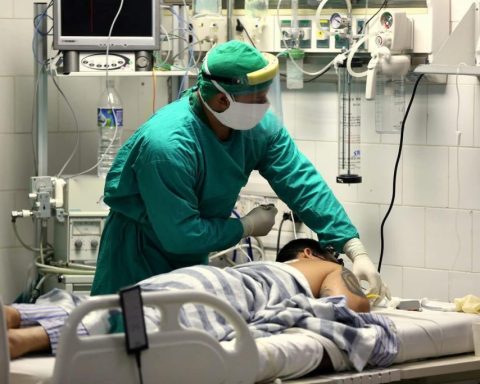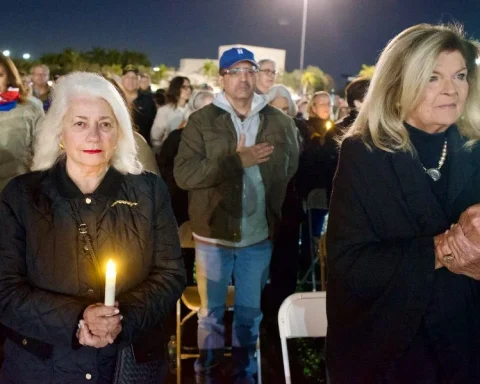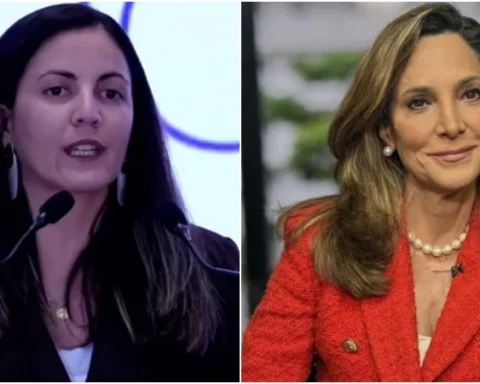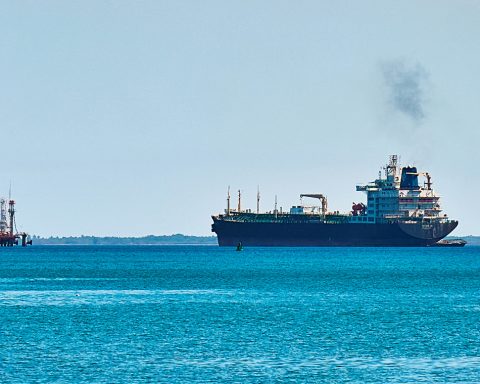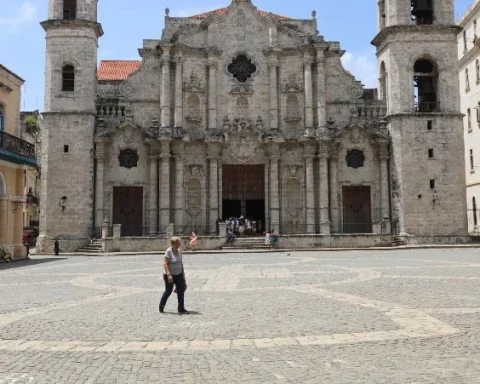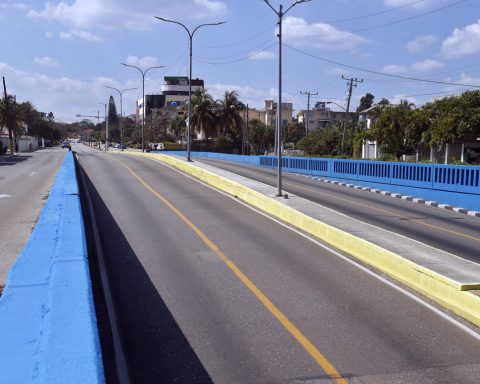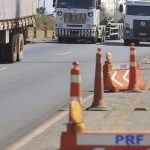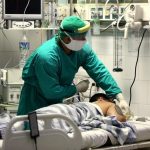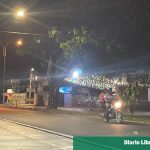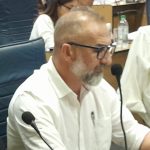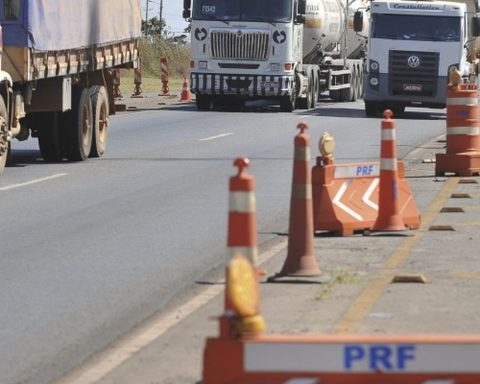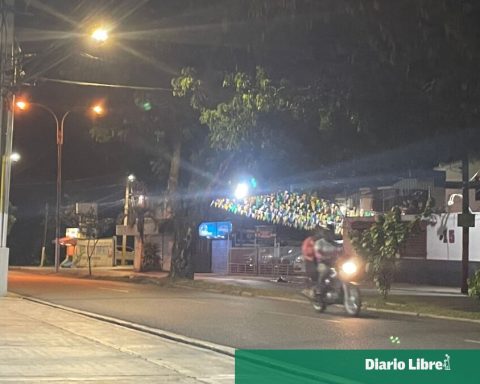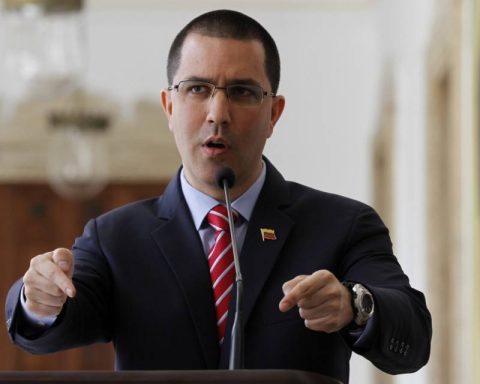Mexico City, Mexico.- Carlos Andrades traveled to Cuba on March 21 to visit his 95-year-old mother. Traveling with him were his daughters and his grandson, born in Canada.
Andrades, due to his opposition to the longest-running dictatorship, had been prevented from entering Cuba on previous occasions, so in this last attempt he did so with suspicion. He was finally able to leave the José Martí airport without incident.
But shortly after arriving, Andrades told the Canadian chain CBCwas visited at his hotel by a woman in a military uniform who handed him a paper ordering him to report for an interview at a detention center operated by the Cuban Ministry of the Interior.
He was interrogated by Colonel Luis Morales, using a video camera. Andrades said that interrogators showed him evidence that he had participated in anti-regime demonstrations and that he had published comments critical of the Communist Party government.
“They show you the photo and you’ve done this, and you’ve done this. So you’re up against the wall because you’re not in Canada,” she said. “Canada cannot protect you in any way.”
Andrades said interrogators also suggested he was involved in drug trafficking to finance the operations of anti-government YouTubers. He denies all these accusations that also implicate 12 other Cuban-Canadian citizens, who happen to be against the dictatorship and are very active demonstrating in Montreal.
In total, the North American chain reports that thirteen inhabitants of Montreal, Canada, have been the target of a harassment campaign launched by the Cuban government to prevent them from protesting against the government of the island.
For this they use the account, operated by the State Security of the “Cuban Warrior”. This channel accuses, without evidence, the activists of trafficking cocaine from Colombia to Canada to use these resources against the Havana regime.
The videos of the Andrades interrogation have been disseminated by the Youtuber of the political police. In the videos, the Cuban warrior accuses 13 Montrealers of using a food import business owned by one of the men to smuggle cocaine purchased from a Colombian family ring called the Solazars.
The money, the videos claim, will be used for terrorist attacks against Cuba.
Who are the threatened Cubans?
CBC explains that one of the 13 men named in Guerrero’s videos was, at some point, a drug trafficker. In fact, Máximo Morales was arrested in 1990 after Montreal police made the largest cocaine bust ever made in the city. Morales was accused of bringing in 1,500 kilograms of cocaine in one year, purchased from the Medellín cartel. For this he received a ten-year sentence.
The money he made trafficking, Morales said, was intended to finance the operations of the anti-Castro opposition.
“It was a war,” Morales told the network. “It was an eye for an eye, a tooth for a tooth. And the war needs money. I was arrested, received a ten year sentence. I did my time and after that I rejoined the community.”
Although he acknowledged that he is “not an angel,” Morales said he was granted a pardon and has never been in trouble with the law since those days. The other 12 people mentioned have no criminal record or ties to Morales, except for the meetings they hold during protests or meetings of exiles in Canada.
All of the men named in the videos deny the existence of such a network.
Tito Cardenas is the owner of the Titisalsabor dance studio. He said he believes he was put on the list because he made anti-government comments in a widely shared Radio-Canada article.
“I think that’s when they started following me,” he told CBC News.
“I think that people should be aware that this is a method that all dictatorships use. When you are an opponent of a dictatorship, the first thing they are going to do is attack your reputation in any way they can.”
This fear that the dictatorship will affect them is shared by other Cuban-Canadians.
Felix Blanco, a financial adviser also mentioned in the video, said he also worries about being caught in a trap.
“I went to the police and told them, look, I’m afraid that they put something in my house, that they put something in my car,” he said.
“Those types of regimes do not stay within their own borders. They leave their borders to persecute the people who talk about them,” added another of those interviewed by CBC.
Receive information from CubaNet on your cell phone through WhatsApp. Send us a message with the word “CUBA” on the phone +525545038831, You can also subscribe to our electronic newsletter by giving click here.
